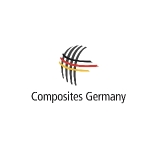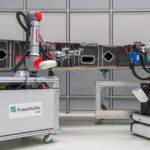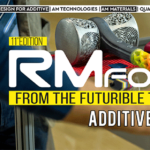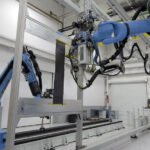Less positive rating of the general economic situation
When asked to assess the general economic situation in three regions – Germany, Europe and worldwide – the survey respondents gave generally positive ratings. The ratings did, however, differ clearly for each region. For example, 86% of respondents rated the global situation as ‘quite positive’ or ‘very positive’, whilst this assessment was only 76% for Germany. Unlike previous surveys, far more critical ratings were given specifically for the current economic situation in Germany as a region.
Positive expectations on individual business situations
While the current business situation is seen as less positive than in the last surveys, only a very small proportion of respondents are expecting a negative development of the situation. Only about 20% of respondents describe the situation as ‘rather negative’. The great part of respondents see the development as ‘quite positive’ or ‘very positive’.
Investment climate favourable
A very positive picture continues to emerge concerning the two survey indicators on the investment climate, HR planning and machine investments. Whereas in the last survey 53% still expected to see appropriate machine investments, this value has now risen to 74%. This positive assessment is underlined by the fact that nearly half of all respondents are expecting to see an increase in the workforce.
Growth drivers remain stable
When it comes to growth drivers in the composites market, only minor changes can be observed. Substantial growth stimuli continue to be expected from automotive and aviation as the two traditional sectors of application. Increasingly, however, they are being joined by the segments of mechanical engineering and infrastructure/construction. In fact, expectations on the latter are for the first time higher than on the automotive sector. As for materials, carbon fiber reinforced plastic (CFRP) continues to be the number one growth driver. Regionally, Asia is still the dominant region from which major growth stimuli are expected – ahead of Germany.
The general overall picture of the industry continues to be highly positive. For instance, only 6% of respondents are expecting to see a downturn in the engagement of their company or organization on the composites market. Moreover, nearly 80% of respondents across all regions continue to assess the situation as positive or even very positive. Such enormous satisfaction values are not permanently sustainable, Composites Germany warns, and any future downturns should therefore be seen in proper perspective. The next composites market survey will be published in July 2018.













